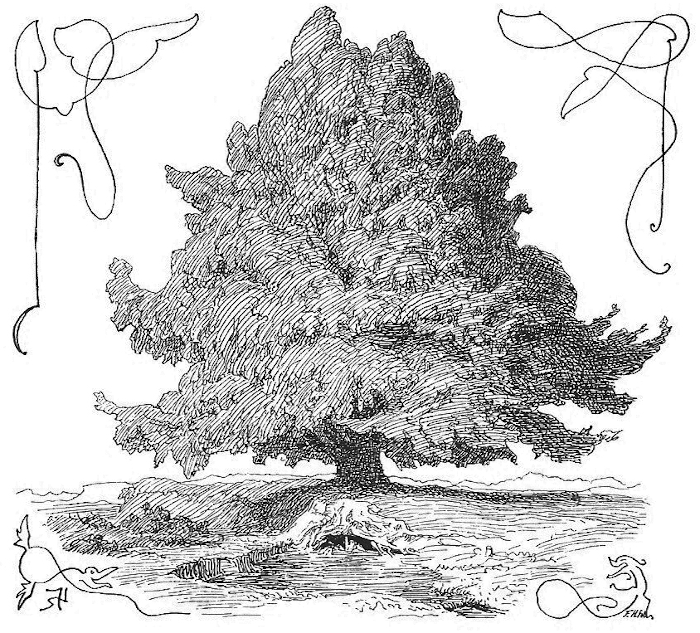Review: The Overstory
What is the meaning of life? In much of our philosophy, humans are the only ones qualified to answer the question. But why not seek the answer in life itself, in its grandeur of, as Darwin put it, “endless forms most beautiful and most wonderful”? In The Overstory, Richard Powers narrows it down to trees.
Through several narratives interwoven like a forest canopy, the novel implores us to slow down, to look, to listen, and to appreciate nature for what it is, not what it can be used for.
Powers knows that a novel about trees still needs humans to hold the reader’s attention. He brings to life the cast of characters like a skillful painter creating a vibrant landscape with a few brush strokes. As if they were the trees the book is about, he writes about his characters’ roots, their ancestry, their relationships with nature.
There’s Nicholas Hoel, descendant of a long line of farmers originally from Norway. Nick decides to become an artist; the family’s remarkable chestnut tree (a rare survivor of the chestnut blight that wiped out millions of trees in North America) inspires in him a fascination with nature that later turns to devotion.

The world tree Yggdrasil from Norse cosmology as depicted by Danish artist Lorenz Frølich. (Public domain.)
Or there’s Mimi Ma, engineer, ambitious firstborn daughter of a Chinese immigrant father and a mother from Virginia. Mimi finds peace and purpose in her schedule-packed life when it’s on hold—when she’s sitting under the trees near her office during lunch. Her love for nature is rooted in many childhood trips to national parks, and in the family’s mulberry tree that she and her sisters were not supposed to climb, her father’s “silk farm”.
The stories of Mimi, Nick, and the book’s many other characters eventually intersect, as they find themselves called upon to do whatever they can to challenge and confront humanity’s suicidal trajectory of growth without limits or reason.
The Overstory explores different approaches to the natural world: the scientist’s journey, the activist’s march, the programmer’s search, the artist’s ramble, the conservationist’s last stand. It does not judge our failure to act in a specific way, but our failure to notice nature and to listen.
At 502 pages (paperback edition), The Overstory is quite hefty, but I found myself breezing through it over a weekend. Like a forest, it warrants scrutiny both as a whole and in its parts, and I was quite moved by many of its intersecting stories.
My only significant criticism is that Powers repeats certain ideas and phrases—about what life wants and is, about its interdependence and brilliance—to the point of wearing them down: a bit too much tell and too little show. Still, The Overstory makes its point beautifully: it’s time to listen to nature.
